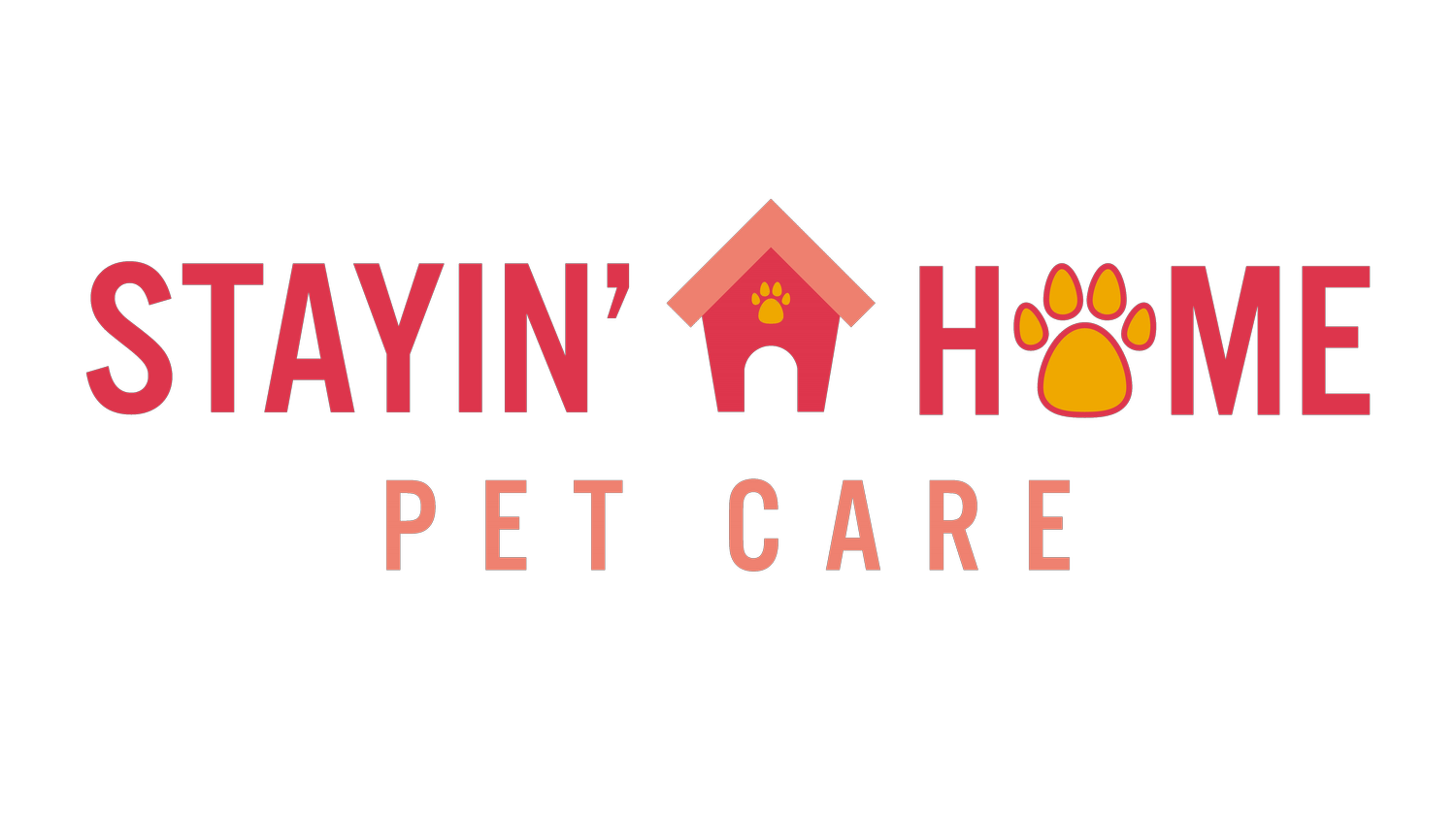Why Is My Dog Licking His Feet? Here's Why!
If you're reading this, chances are you've noticed your pup engaging in a rather peculiar behavior: licking their paws. It's a common sight in the world of dog ownership, and while it may seem harmless or even amusing, excessive paw licking can actually signal underlying issues that require attention.
We're exploring the various reasons why your dog might be licking their feet, shedding light on both the harmless and potentially concerning causes. By the end of this article, you'll have a better understanding of your pet's behavior and how to ensure their well-being.
1. Boredom and Anxiety
Let's kick things off with a lighthearted explanation. Just like humans bite their nails when they're nervous or bored, dogs sometimes lick their paws to cope with similar emotions. If your furry friend isn't getting enough mental and physical stimulation, they may resort to this habit as a way to pass the time.
Solution: Increase playtime, introduce new toys, and consider interactive puzzles or treat-dispensing toys to keep your pet engaged and happy.
2. Allergies
One of the most common reasons for excessive paw licking in dogs is allergies. Just like humans, dogs can be allergic to various environmental factors, such as pollen, dust mites, or certain foods. When allergens come into contact with your dog's skin, it can lead to itching and discomfort, prompting them to lick their paws incessantly.
Solution: Consult with your veterinarian to identify and manage your dog's allergies. They may recommend allergy testing or prescribe medications to alleviate symptoms.
3. Skin Infections:
Skin infections, including bacterial or fungal infections, can cause itchiness and irritation in your dog's paws. Licking is their way of trying to soothe the discomfort. You might notice redness, swelling, or even a foul odor if an infection is present.
Solution: Seek immediate veterinary attention if you suspect a skin infection. Your vet will prescribe appropriate medications like antibiotics or antifungal treatments.
4. Dry Skin:
Just like humans, dogs can suffer from dry skin, especially in harsh weather conditions or if they are bathed too frequently. Dry skin can be itchy, and your dog may target their paws for relief.
Solution: Adjust your dog's bathing schedule, use a moisturizing pet shampoo, and consider adding a dietary supplement like fish oil to their food to improve skin and coat health.
5. Foreign Objects or Irritants:
Your dog's paws are in constant contact with the ground, making them susceptible to picking up foreign objects or irritants like thorns, splinters, or chemicals. Licking is their natural way of trying to remove these irritants.
Solution: Regularly inspect your dog's paws for foreign objects or signs of irritation. If you find something lodged in their paw, carefully remove it and clean the area. If there's redness, swelling, or signs of infection, consult your vet.
6. Pain or Discomfort:
Underlying pain or discomfort in other parts of your dog's body can lead to paw licking as a secondary behavior. For example, hip dysplasia, arthritis, or even dental issues can cause your dog to lick their paws as a response to pain elsewhere.
Solution: If you suspect your dog is in pain, consult your veterinarian for a thorough examination and appropriate pain management strategies.
7. Grooming and Habit:
Dogs are known for their grooming habits, and licking their paws is a part of their self-maintenance routine. It's perfectly normal for dogs to lick their paws occasionally. However, if it becomes excessive, it may be a sign of an underlying issue.
Solution: While occasional paw licking is harmless, if it becomes obsessive or leads to skin irritation, consult with your veterinarian to rule out any underlying problems.
8. Yeast Infections:
Yeast infections in the paws can cause itching and discomfort, leading your dog to lick their feet excessively. Yeast infections are more common in dogs with allergies or those who have been on antibiotics.
Solution: Your veterinarian can diagnose and treat yeast infections with antifungal medications. It's essential to address any underlying allergies to prevent recurrence.
While your dog's paw-licking antics may appear cute and endearing, it's crucial to pay attention to this behavior, especially if it becomes excessive. By identifying the root cause and seeking appropriate veterinary care, you can ensure your furry companion remains happy, healthy, and free from discomfort.

